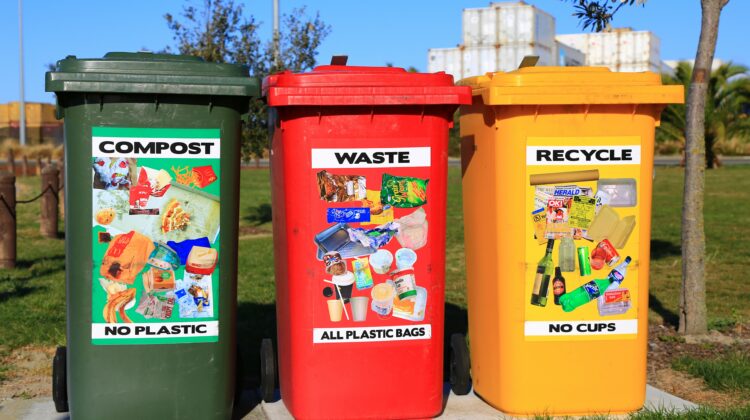
The phrase “life after death” raises questions for many people, if not all. However, this concept is not limited to humans; it can also apply to non-living entities, for example, plastics; It is a system where products that are designed with their end-of-life in mind, are allowed for recovery and recycling back into the production cycle.
This system is called Closed loop – an innovative approach to waste management and resource utilization that aims to minimize waste and maximize the reuse of materials. This model is particularly relevant in addressing the global plastic waste crisis, where millions of tons of plastic end up in landfills and oceans each year.
Plastic pollution has become one of the most pressing environmental issues of our time. According to the United Nations Environment Programme (UNEP), approximately 300 million tons of plastic are produced annually, with a significant portion contributing to environmental degradation. The persistence of plastic in ecosystems poses threats to wildlife, human health, and biodiversity. Therefore, finding sustainable solutions for managing plastic waste is crucial.
The conversion of plastic waste into paving stones presents numerous environmental advantages, with the foremost benefit being waste reduction. By repurposing plastic waste that would otherwise contribute to pollution or increase landfill overflow, this innovative approach reduces the accumulation of non-biodegradable materials in our environment and preaches the gospel of closed-loop systems.
When plastic waste is transformed into paving stones, it diverts significant amounts of plastic from landfills and oceans, where it can harm wildlife and ecosystems. This process effectively reduces the volume of waste that would typically require disposal, thereby alleviating pressure on existing landfill sites.
Additionally, the production of paving stones from plastic waste can lead to lower carbon emissions compared to traditional methods of manufacturing concrete or asphalt. The energy required for recycling plastics is generally less than that needed for producing new materials from raw resources. This reduction in energy consumption contributes positively to combating climate change by lowering greenhouse gas emissions associated with material production.
Moreover, using recycled plastics in paving stones can enhance their durability and longevity. Paving stones made from recycled plastics are often more resistant to cracking and weathering than conventional materials. This increased durability means that roads and pathways may require less frequent repairs or replacements, further reducing resource consumption over time.
Beyond environmental advantages, this closed loop system presents economic opportunities as well. Establishing facilities for collecting, processing, and manufacturing paving stones creates jobs within local communities while potentially lowering production costs compared to sourcing new raw materials. As sustainability becomes increasingly important for consumers and businesses alike, there is growing market demand for eco-friendly products like recycled paving stones.
In conclusion, companies like City-Pavers are utilising a closed loop system that converts plastic waste into paving stones and this represents an innovative solution towards achieving a greener future. City Pavers is addressing both environmental concerns related to plastic pollution while creating economically viable products through recycling processes








